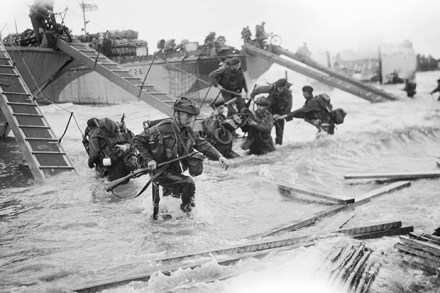Making waves | 14 July 2016
More from BooksThe tour guides of Ephesus, in Turkey, have a nice party trick to wake up their dozing coach passengers. As the coach drives along, they say, ‘This is the ancient port of Ephesus’, and the passengers look, as I did, at fields and trees and nothing else. They peer for the sea and are told






























